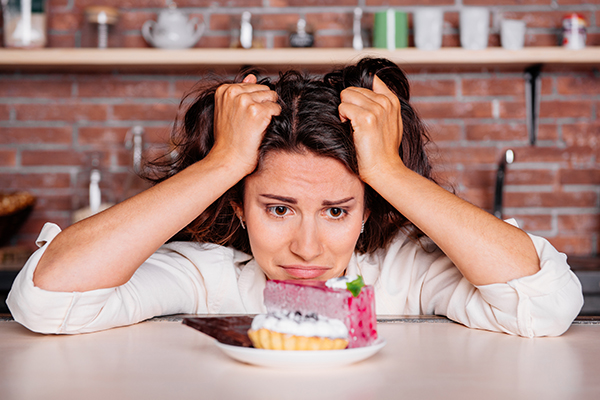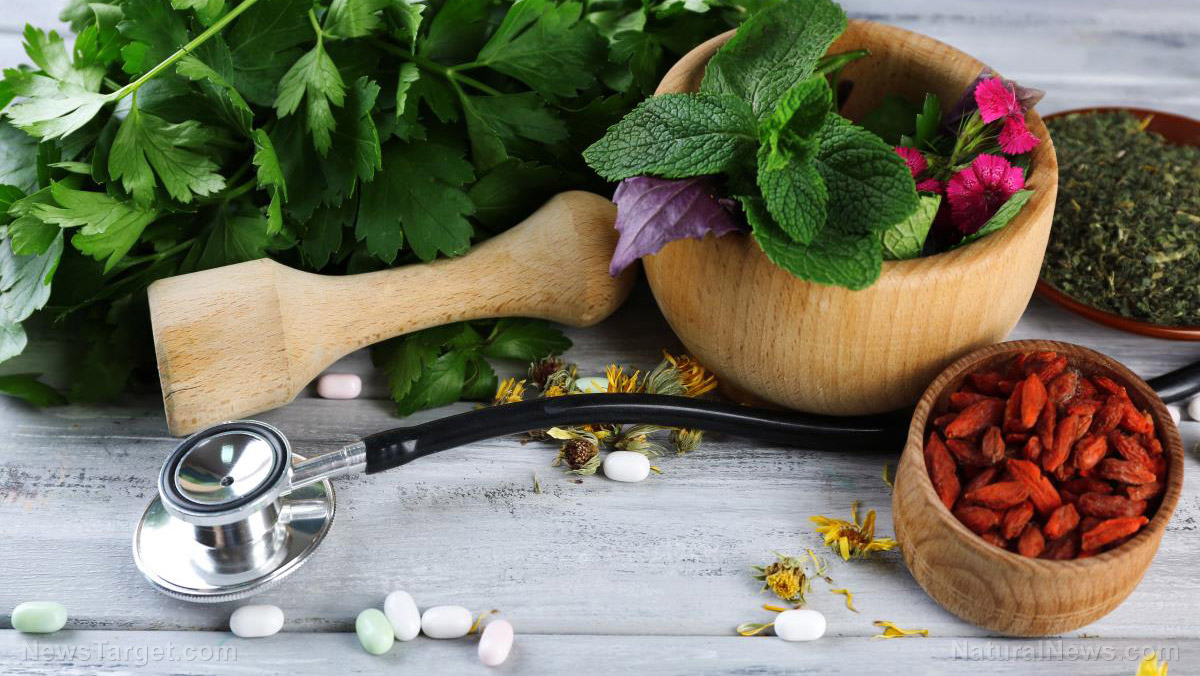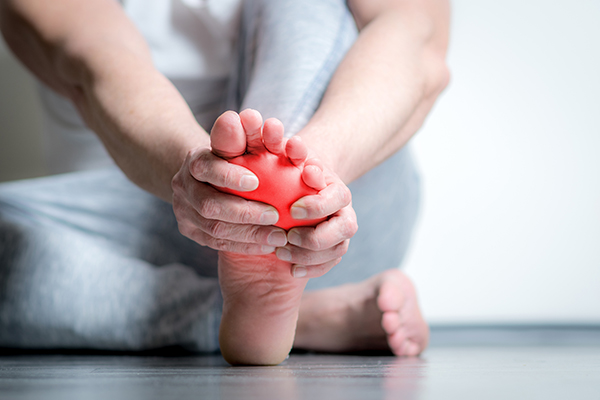Drinking coffee can help reduce your risk of depression, according to studies
08/14/2023 / By Evangelyn Rodriguez

Coffee can help boost alertness and focus. Studies show that drinking coffee can also do wonders for your mental health. In fact, multiple meta-analyses suggest that drinking coffee in moderate amounts could help reduce your risk of depression.
Coffee consumption protects against depression
Many of the beneficial effects of coffee are directly linked to caffeine, the bitter-tasting chemical that’s naturally present in coffee beans. Because caffeine also occurs in more than 60 plants, such as tea leaves, guarana and cacao, and is added to a wide variety of food products, people often forget the fact that it is actually a psychoactive drug.
Caffeine is a natural stimulant that affects the central nervous system as well as your body’s metabolism. Aside from keeping you awake and boosting your energy levels, it also acts as a diuretic, which helps your body get rid of excess salt and water via urine. It can also increase the release of acid in your stomach, which helps improve digestion and encourages bowel movement.
But one of the most studied biological activities of caffeine is its influence on mood. Although often used interchangeably with the word ’emotion,’ mood in scientific studies refers to a “relatively long-lasting affective state,” while emotion has a shorter duration. The latter also typically includes components such as bodily reactions and motor expressions, which mood tends to lack.
According to a review published in the Journal of Alzheimer’s Disease, caffeine indirectly affects mood through its cognitive-enhancing properties. At low doses, caffeine has been found to improve a person’s ability to feel pleasure and reduce anxiety. However, at high doses, caffeine can increase tense arousal in consumers, including anxiety, nervousness and jitteriness.
The effect of caffeine on depression risk has been a topic of interest for many researchers. Because about 80 percent of caffeine consumption is in the form of coffee, most studies concerning depression risk involve this popular beverage. Here’s a brief summary of what multiple studies have found regarding coffee and caffeine’s influence on depression risk:
- In a prospective study published in the journal Archives of Internal Medicine, researchers followed 50,739 American women for 10 years. The women were all depression-free at the start of the study, and their caffeine consumption was measured from completed questionnaires. The researchers found that those who consumed the highest amounts of caffeinated coffee (4 cups/day or more) had the lowest depression risk. They also reported a decreasing trend for depression risk with increasing caffeinated coffee consumption. Decaffeinated coffee did not affect depression risk.
- In a study published in the Australian & New Zealand Journal of Psychiatry, Chinese researchers looked at the relationship between coffee intake and depression risk as well as the relationship between caffeine and depression. They reported a linear association between coffee and depression, with dose-response analysis showing an eight percent decrease in depression risk for each cup per day increment in coffee intake. Meanwhile, a non-linear association was found between caffeine and depression, with the reduction in depression risk becoming significant when caffeine consumption is above 68 milligrams (mg) per day but below 509 mg/day.
- In another prospective study published in the Archives of Internal Medicine, researchers examined the relationship between coffee and caffeine intake and the risk of death from suicide. Suicide is often caused by mental illness, such as depression, bipolar disorder or schizophrenia. The researchers conducted a 10-year follow-up study in an ongoing cohort of 86,626 female registered nurses in the U.S. and found that compared with non-drinkers, the risk of suicide was lower among women who consumed three or more cups of coffee a day. The researchers also found a strong inverse relationship between caffeine intake from various sources and the risk of suicide.
- In a study published in the European Journal of Clinical Nutrition, researchers investigated the association between coffee consumption and depression in the Korean population. The cross-sectional study involved 10,177 Koreans aged 20 to 97 who took part in the fifth Korean Health and Nutrition Examination Survey. The study reported a decreasing trend for both self-reported depression and self-reported clinical depression among Koreans who drank one or more cups of coffee a day, with odds ratios being the lowest among those who drank three or more cups a day. These findings suggest that coffee has a protective effect and regular consumption can substantially lower a person’s risk of depression.
- In another cross-sectional study published in the journal Public Health Nutrition, researchers examined the association between coffee, green tea and caffeine consumption and depression symptoms in a Japanese working population. The study, which involved 537 men and women aged 20 to 68 years, found that consumption of green tea and coffee was inversely associated with depression symptoms. Individuals who consumed more than two cups of coffee a day had a lower prevalence of depressive symptoms than non-drinkers. A similar trend was observed for those who drank four or more cups of green tea a day.
- In a population-based cohort study published in the journal Public Health Nutrition, researchers looked at the association between coffee, tea and caffeine intake and the risk of severe depression in a sample of 2,232 middle-aged Finnish men. Compared with non-drinkers, heavy drinkers of coffee were found to have a lower risk of severe depression. On the other hand, the study found no association between depression risk and the consumption of tea and caffeine from other sources.
- In a study published in the journal Molecular Nutrition & Food Research, researchers conducted a meta-analysis of 12 studies involving a total of 346,913 individuals. They found that drinking coffee has a protective effect against depression, effectively lowering depression risk among regular coffee drinkers. Tea, on the other hand, was found to be only partially protective, suggesting that apart from caffeine, some other components of coffee may also contribute to its mental health benefits.
How caffeine and coffee affect mood
Despite hundreds of studies on depression, researchers are still unsure about the exact cause of depression. Of the many theories proposed over the years, the most commonly pinpointed are genetics, neurotransmitter imbalance, emotional trauma and brain inflammation. Although caffeine does not affect all of these likely causes, it is believed to help with depression by altering the activity of two important neurotransmitters, namely, serotonin and dopamine.
According to studies, caffeine can increase brain levels of serotonin, the neurotransmitter that helps regulate your mood. Often dubbed the “feel good” chemical, low levels of serotonin have been linked to depression. (Related: Study: 5-HTP can boost serotonin levels and promote healthy eating habits.)
Caffeine has also been found to increase the availability of dopamine receptors in the brain. Dopamine is a chemical that makes you feel pleasure, so having more available receptors for dopamine can help uplift your mood.
Recent studies suggest that brain inflammation may play a role in the development of depression. In fact, functional MRI studies have found that inflammatory markers can cause aberrant activation patterns and alter functional connectivity in neural circuits involved in emotional regulation in the brains of people with depression.
Drinking coffee can help with depression because it contains plenty of bioactive compounds with known anti-inflammatory properties. These include chlorogenic acid, ferulic acid, caffeic acid, trigonelline, quinolinic acid and pyrogallol, among many others. (Related: Coffee contains hundreds of medicinal compounds that may prevent cognitive decline.)
Coffee is a reliable mood booster that can help lower your depression risk when consumed in moderate amounts. Note that excessive caffeine intake can cause unpleasant side effects, so limit your daily intake to no more than 400 milligrams or about four cups of brewed coffee.
Find out about the other health benefits of coffee at Superfoods.news.
Watch this video to learn about the amazing uses of coffee for the skin.
This video is from the Frozen In Time channel on Brighteon.com.
More related stories:
Coffee nap: The brain benefits of combining caffeine with sleep.
Coffee contains hundreds of medicinal compounds that may prevent cognitive decline.
Coffee and other natural remedies that can help you recover from a hangover.
Coffee without the jitters: Here’s all you need to know about decaffeinated coffee.
Studies show common prescription medications raise DEPRESSION risk.
Sources include:
Submit a correction >>
Tagged Under:
alternative medicine, beat depression, caffeine, coffee, depression symptoms, food cures, food is medicine, food science, functional food, health science, mental health, Mind, natural cures, natural health, natural medicine, prevention, research
This article may contain statements that reflect the opinion of the author
RECENT NEWS & ARTICLES
COPYRIGHT © 2017 REMEDIES NEWS




















